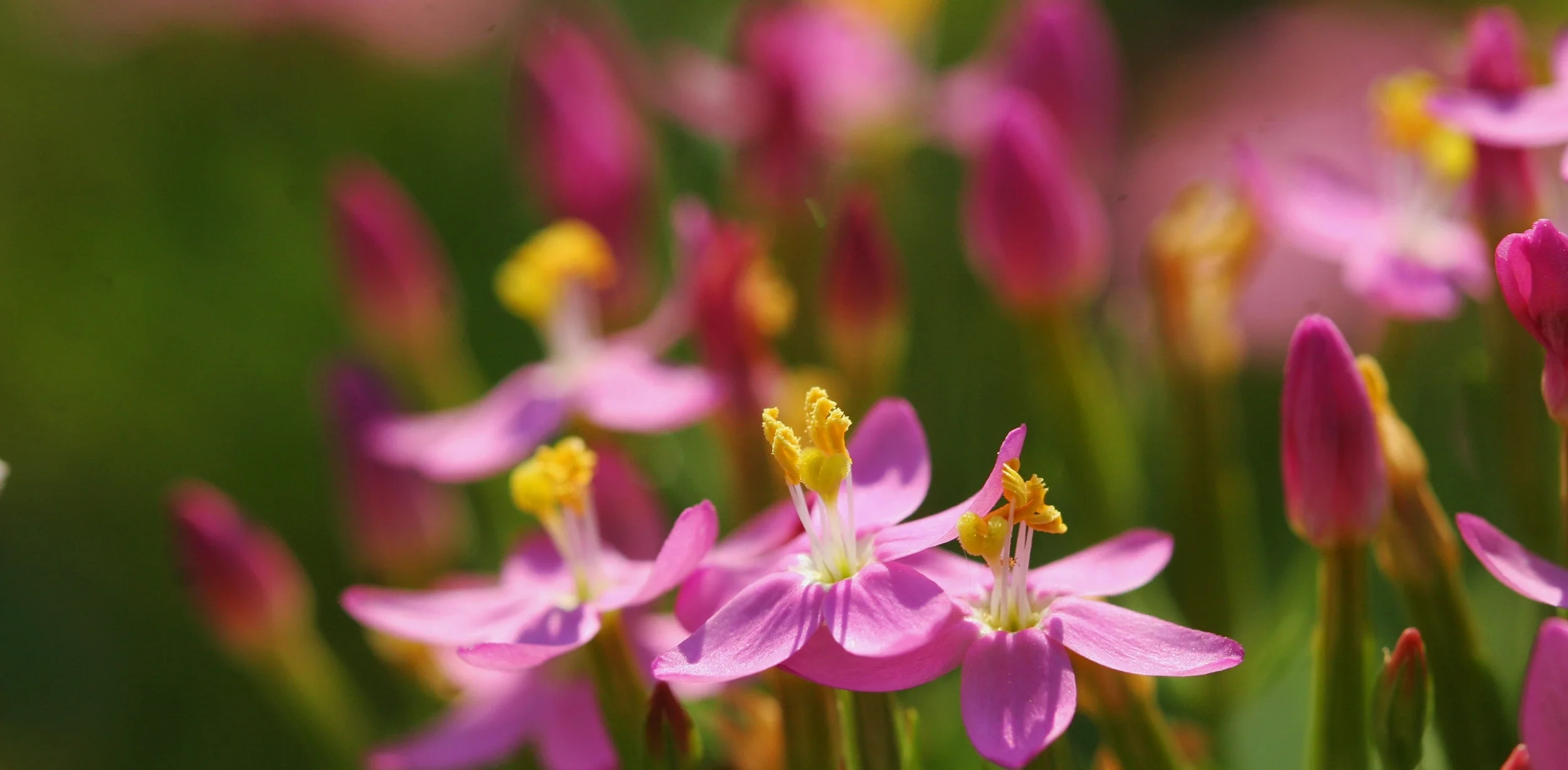YARD AND GARDEN TIPS
Plant a shade tree
You can save between $100-$250 annually on household energy bills by strategically planting just three trees.
As trees grow, they help stop global warming by removing carbon dioxide from the air, storing carbon, and releasing oxygen into the atmosphere. (National Arbor Day Foundation)
Trees provide important habitat for birds and other wildlife. Plus, planting urban trees can lower air temperatures in city neighborhoods by up to 10 degrees.
Rake and mow by hand or electric power
5% of total US air pollution is from gas powered lawn mowers. Reducing the size of your lawn and using an electric or reel mower will help everyone breathe easier. (EPA)
An EPA study found that up to 9 percent of specific air pollutants come from motorized lawn and garden equipment. In metropolitan areas, the concentration of lawns causes this percentage to increase, in some instances to 33%.
Operating a gas mower for one hour will produce the same pollution as driving a car about 3400 miles. (From California South Coast Air Quality Management District.)
Excessive irrigation causes fertilizer and pesticides to leach to groundwater and streams. Use irrigation timers and Green Grass Gauges to avoid over-watering your yard and garden.
Average lawns need only one inch of water per week. Use a tuna can to get it just right.
Weather-based irrigation controllers can save nearly 24 billion gallons per year across the United States, approximately equal to more than 7,000 hoses constantly running for a full year.
Save money by using less water
Mature compost can control several plant diseases without the use of synthetic fungicides or fumigants.
Grass clippings contain valuable nutrients that can generate up to 25 % of your lawn's total fertilizer needs when left on the lawn.
Every ton of food waste that is composted instead of land-filled reduces Green House Gas emissions equal to six metric tons of CO2.
Compost/mulch helps retain moisture for your plants.
Compost or mulch leaves and grass
Landscaping with natives means saving money down the road! You'll need less water, fertilizer and pesticides.
Native plants attract beneficial insects that pollinate flowering plants and reduce pest species. They provide better food sources for local bird and butterfly populations than nonnative plants.
Learn more at Oregon Flora. Native plants use less water, attract pollinators & more.Stop the Invasion! Invasive plants can become serious problems that threaten water quality, wildlife and our economy by crowding out native plants, changing stream flows, increasing erosion, competing with crops or creating fire hazards. (GardenSmart publication developed by City of Portland, OPB, OSU Extension, Nature Conservancy, Clackamas Community College, and Oregon Sea Grant
Landscape with native plants
Burning leaves, brush and other vegetation releases hazardous air pollutants which can cause cancer and other adverse health effects (EPA)
Backyard burn barrels are one of the top 3 sources of Dioxin emissions (a known carcinogen). This is mostly due to PVC (Poly Vinyl chloride) used in packaging that ends up in the trash.

